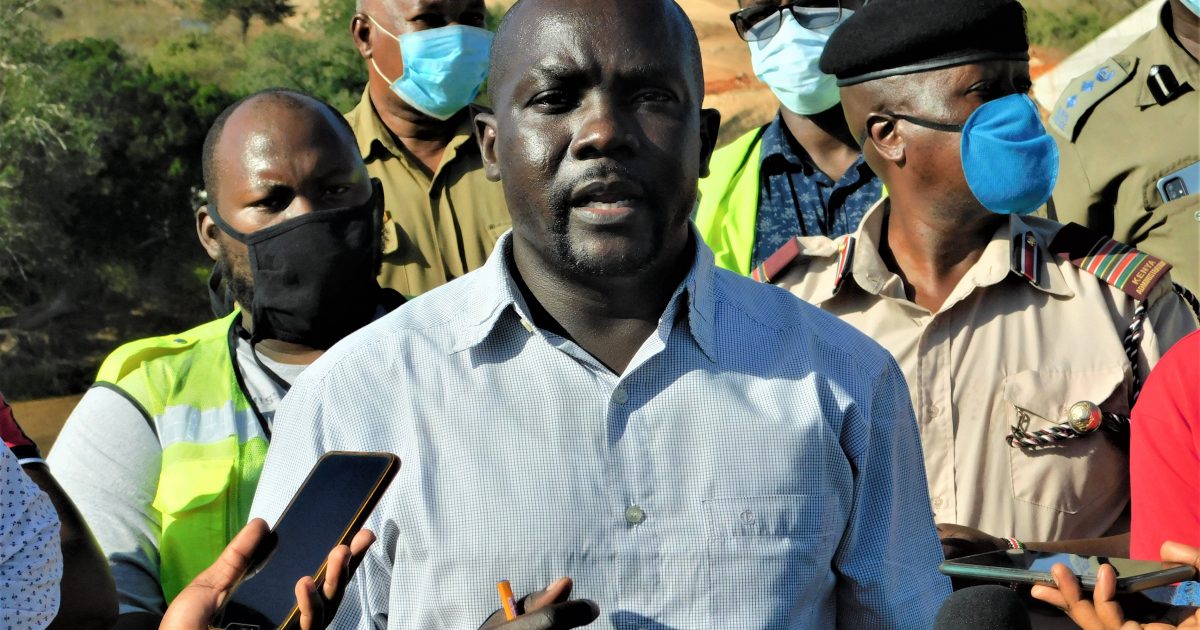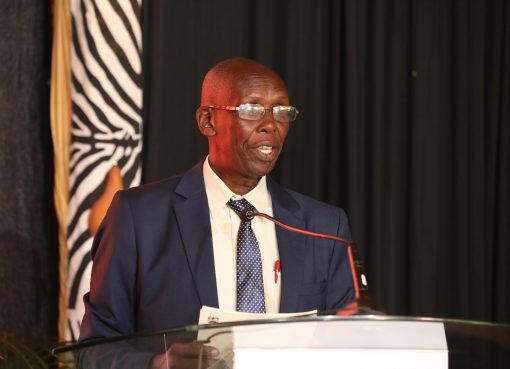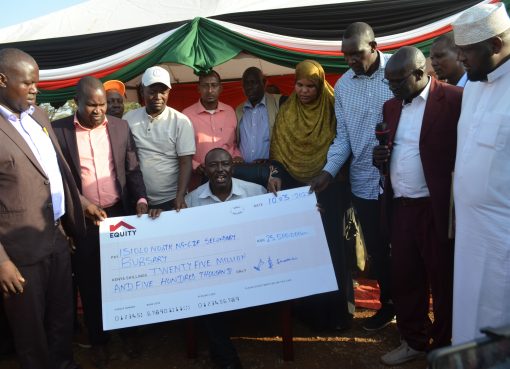Mr Robert Ojwang, an engineer from the Mombasa-based agency, said negotiations were at an advanced stage between the Bank and the Water Trust Fund to bail out the agency, which he said had been unable to meet its financial obligations due to lack of liquidity.
Speaking at the Baricho Water Works during an inspection tour by Government Spokesman Col (Rtd) Cyrus Oguna, Mr Ojwang said the money will be used, among other expenditures, to pay accumulated electricity bills and buy chlorine, which items have severely affected water supply in Kilifi and Mombasa Counties leading to severe shortages.
This follows reports that the CWWDA owes Kenya Power Company (KP) millions of shillings in accumulated power bills and that the agency had not been able to procure chlorine and other chemicals to treat water at the Baricho Water Works in Langobaya division of Malindi Sub County.
He said the water companies had not been able to pay for the bulk water sold to them by the agency since their customers had not been paying their water bills, thus making the agency unable to meet its obligations of, among others, settling electricity bills and buying purifying chemicals.
He said following accusations that the water agency was not settling electricity bills in time leading to frequent power disconnections at the Baricho plant, the agency decided to split the monthly bills to the water service providers to settle them directly, but the WSPs had also been unable to pay Kenya Power Company (KP) in time.
He however absolved the water companies from absolute blame, saying water users were also not meeting their obligations of paying water bills as they had also been affected by the pandemic.
“During the pandemic, the government directed water service providers to continue supplying water to their customers irrespective of whether they had settled their water bills or not. This adversely affected the companies financially and they were also unable to pay the agency for the bulk water sold to them.
Baricho Water Works supplies water to the Malindi Water and Sewerage Company (Mawasco), Mombasa Water and Sewerage Company (Mowasco) and the Kilifi/Mariakani Water and Sewerage Company (Kimawasco), which in turn distribute to their respective clients.
The engineer said his agency was exploring the possibilities of using alternative sources of energy, preferably solar power, to run the Baricho Water Works with a view to tackling the problem of high electricity bills that have led to frequent disconnection of power at the vital facility.
“Our biggest challenge has been paying the electricity bills which amounts to about Sh40 million per month, and that is why we are exploring other alternative sources of energy,” he said.
The engineer said the water agency was currently implementing a Sh400 million project to repair three boreholes at the Baricho water works which were destroyed by floods in 2018, thus reducing water supply by about 25 million litres per day.
Mr Ojwang said that the project was 90 percent complete and is expected to be complete by March this year, thus increasing the water supply from the current 90 million litres per day to 115 million litres a day.
He however lamented that about half of the water pumped from the Baricho Water Works to the WSPs was unaccounted for due to illegal connections and leakages caused by the old water system.
Col (Rtd) Oguna said the government was committed to ensuring that residents of the Coast region get safe water for domestic use and added that the completion of the Mwache Dam project in Kwale County would ease water supply and end frequent shortages.
by Emmanuel Masha





